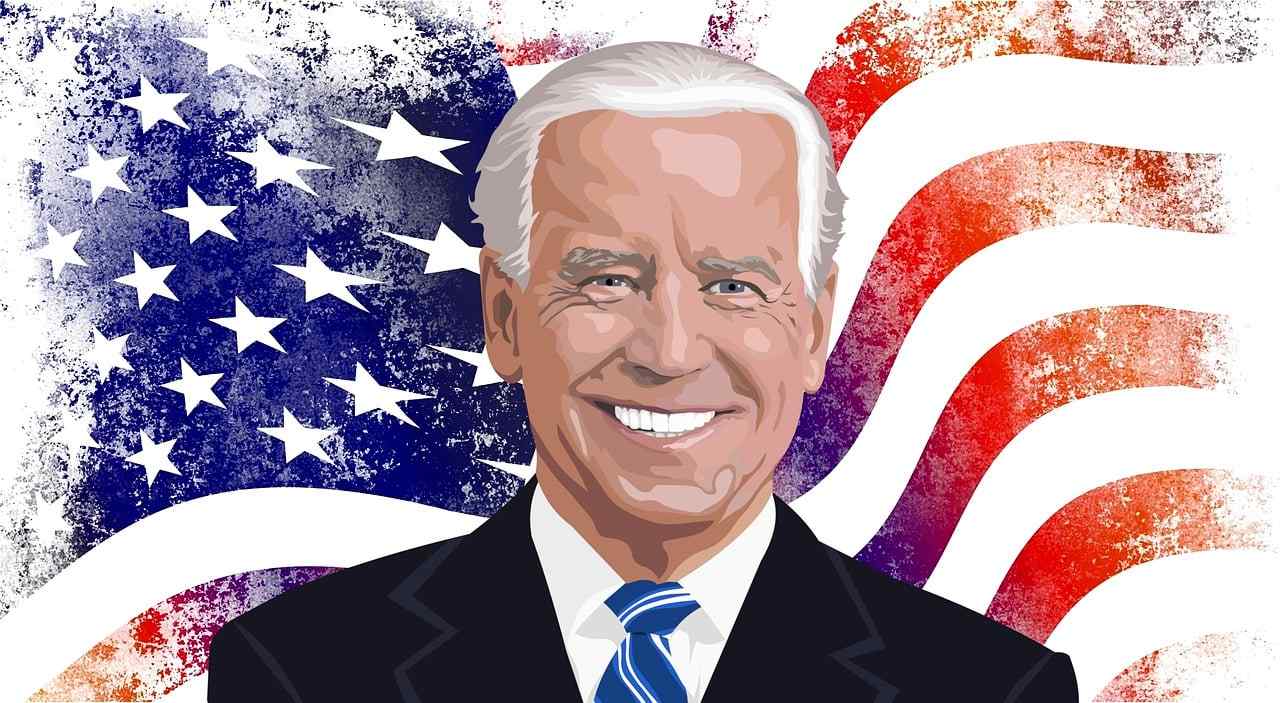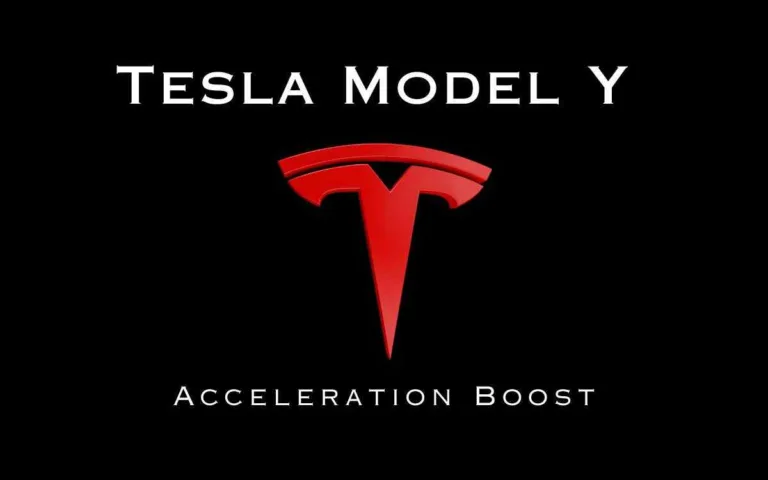A Year Later, Biden’s Key Clean Energy Legislation Demands Further Explanation
U.S. President Joe Biden is commemorating the one-year anniversary of enacting his landmark clean energy legislation, known as the Inflation Reduction Act.
He is leading an initiative to enhance public understanding of its contents and implications.
The comprehensive bill, focused on addressing climate concerns, extends substantial tax credits to aid consumers in purchasing electric vehicles and facilitates renewable energy production by companies.
With the objective of decarbonizing the robust U.S. power sector, the legislation also extends support to seniors for prescription medication expenses, expands specific aspects of Obamacare, and places the financial responsibility on affluent individuals and corporations.
After a year since its passage, the law, commonly referred to as IRA, similar to other significant U.S. legislations, has elicited mixed reviews.
Furthermore, many Americans, including those supportive of President Biden, possess limited knowledge about its provisions, as indicated by Reuters opinion polls.
On Wednesday, President Biden, a Democrat, will deliver a speech at the White House in the presence of U.S. lawmakers.
Ahead of this event, the administration plans to unveil an interactive feature on invest.gov, allowing visitors to access firsthand accounts from Americans detailing how the legislation has benefited them.
As President Biden seeks a second term in the November 2024 election, widely anticipated to be a rematch against former President Donald Trump, the leading contender for the Republican nomination, the legislation’s impacts continue to unfold.
FAVORED BY INVESTORS AND COMPANIES
In advance of the anniversary, various Wall Street analysts have released reports highlighting the legislation’s early signs of economic potency.
These analyses forecast substantial future investments and the creation of numerous jobs resulting from its implementation.
While the most significant effects are projected to materialize in 2024 and 2025, the period since its enactment has witnessed over 270 new clean energy projects announced, with cumulative investments reaching approximately $132 billion, according to a Bank of America analyst report.
Approximately half of these investment funds are allocated to electric vehicles and battery technology, while the remainder supports renewable energy sources such as solar, wind, and nuclear.
These investments are anticipated to generate more than 86,000 job opportunities, including 50,000 positions linked to electric vehicles.
In a recent report, Moody’s asserted that the legislation is likely contributing to economic growth, increased productivity, and innovation.
The past year has demonstrated signs of the legislation’s positive influence on clean energy manufacturing and related industries, such as semiconductors.
This impact is evident in companies’ investment decisions, spanning sectors like automotive, utilities, and oil and gas.
DEFICIT REDUCTION FALLS SHORT
President Biden and the Democratic Party had initially touted the IRA bill’s potential to reduce the U.S. budget deficit by $300 billion over a decade.
This reduction was to be achieved through measures like enforcing a 15% minimum corporate tax on affluent corporations, enhancing tax oversight of wealthy individuals, and enabling federal negotiations of drug prices with pharmaceutical firms.
However, the popularity of tax credits among companies has resulted in job growth, environmental benefits, and an escalated financial commitment.
In the interim, political disputes during this year’s budget deliberations have curtailed some of President Biden’s efforts to bolster tax revenues from wealthier Americans.
Additionally, pharmaceutical companies have pursued legal action against the administration’s drug price negotiation plans.
Consequently, these developments have disrupted fiscal projections. Goldman Sachs, Credit Suisse, and the University of Pennsylvania’s Wharton Business School analysts have projected budget deficits ranging from $700 billion to $1.1 trillion over a 10-year period.
UNFORESEEN CONSEQUENCES OF THE NAME
President Biden expressed regret over naming the legislation the Inflation Reduction Act. The name was selected as a strategic choice by Democrats, aiming to address concerns about rising prices in the lead-up to the 2022 congressional elections.
“I regret choosing that name because it is more about generating economic growth through alternatives than strictly reducing inflation,” President Biden remarked during a fundraising event in Utah last week.
While inflation rates have moderated over the past year, dropping from 9% to 3.2%, economists largely attribute this decline to factors other than the legislation.
To foster public understanding of the nation’s economic strengths and the transformative impact of his legislative agenda, President Biden and key administration figures have undertaken nationwide outreach efforts.
However, a Reuters/Ipsos poll conducted on August 4 revealed that voters who supported Biden in the 2020 elections believe that the economy has not thrived under his leadership. This sentiment could potentially influence their voting decisions in the upcoming November 2024 election.
Of the respondents who voted for Biden in 2020, roughly half reported being uninformed or minimally informed about his substantial policy initiatives aimed at reducing inflation or boosting infrastructure spending.
Furthermore, a Washington Post-University of Maryland poll released on Monday indicated that only 27 percent of Americans possess substantial knowledge about this noteworthy legislation.
The decision to name the legislation the Inflation Reduction Act has inadvertently contributed to voter confusion and has enabled Republicans to exploit this uncertainty.
Observers suggest that the public perception of the act has been hindered due to this nomenclature, despite the act’s actual provisions being laudable.






